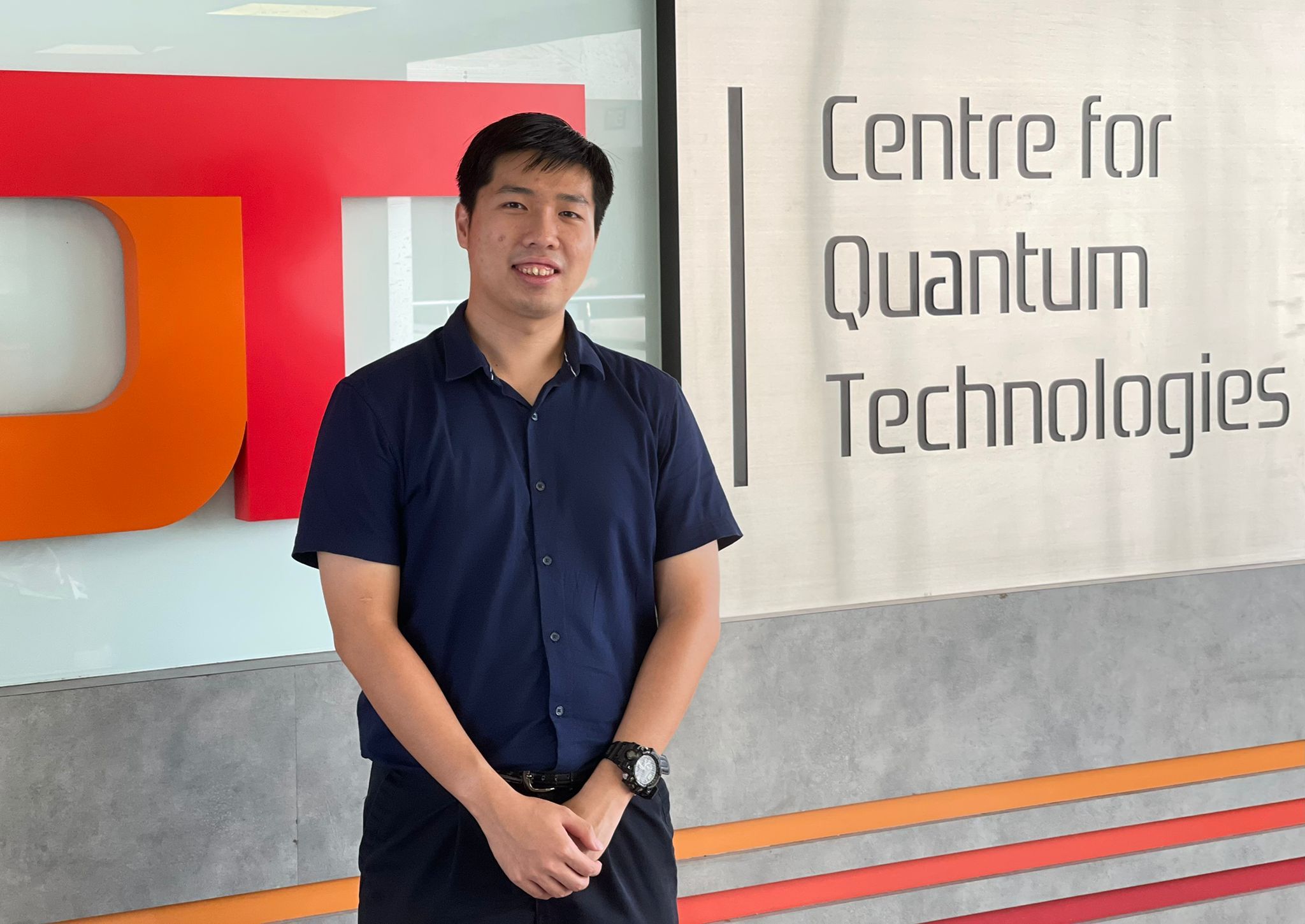Contributions and acknowledgements
Hello! I am Alessandro Luongo, and these are my first lecture notes in quantum algorithms! They spurred out from my old blog, back in 2016/2017. Then, they took a more concrete form out of my Ph.D. thesis (which I made at IRIF with the support of Atos, which I thank), and now are in this extended form with the hope to serve the future researchers in QML. While I strive to be as precise as the lecture notes of Ronald de Wolf and Andrew Childs, I know this work is still far from the level of quality I aspire to. If you want to give me any feedback, feel free to write me at “scinawa - at - luongo - dot - pro”. Or contact me on Twitter.

Ciao,
Ale.
Core team
This work has been made possible only thanks to the help of the team of the Open-Source project of quantumalgorithms.org:

- Hue Jun Hao Alexander

Contributors
The contributors to the project are:
- Patrick Rebentrost
- Yassine Hamoudi
- Martin Plávala
- Trong Duong
- Filippo Miatto
- Jinge Bao
- Michele Vischi
- Samantha Buck
- Adrian Lee
- Ethan Hansen
- Lei Fan
- Giacomo De Leva
- Pablo Rotondo
- João Doriguello
- Avhijit_Nair
- Marco Caselli
Funding
This website is supported by:
Suppliers
A big thanks to:
In sparse order, I would like to thank Dong Ping Zhang, Mehdi Mhalla , Simon Perdrix, Tommaso Fontana, and Nicola Vitucci for the initial help with the previous version of this project, and the helpful words of encouragement.
Cookie Policy
The website https://quantumalgorithms.org (the “Website”) uses cookies for the following purposes: allowing
online authentication, monitoring sessions and memorising information on specific configurations of users
accessing the server.
This document sets out detailed information on the use of cookies and similar technology, how they are used
by the Website and how to manage them.
Visitors are able to configure their own browsers so that they are alerted to the use of cookies or they may
otherwise refuse them. Browser acceptance of cookies can be disabled by changing your settings.
DEFINITIONS
Cookies are small strings of text (letters or numbers) that allow a web server to memorise browser
information that can be used during the same session (session cookies) or at a later stage, even days later
(persistent cookies). Cookies are memorised in accordance with the user settings by the individual browser
on the device being used (computer, tablet, smartphone).
TYPES OF COOKIES
There are different categories of cookies and each has its own characteristics and uses:
- Technical cookies: this type of cookie is essential for a website to function properly and they are
only used to the extent required for the transmission of communications over an electronic
communication network, or to the extent strictly necessary for the supplier of an information service
explicitly requested by the subscriber or by the user to supply that service;
- Analytical cookies: this type of cookie is used to anonymously collect and analyse the traffic to and
use of a website. Without identifying the user, they make it possible for example, to detect whether
said user has subsequently accessed the website. They also make it possible to monitor the system
and enhance the services and user experience. These cookies may be disabled without affecting the
functioning of a website.
- Profiling cookies: these are persistent cookies used to identify (anonymously and not) user
preferences and to enhance the navigation experience.
- Third-party cookies (analytical and/or profiling): these are generated by companies other than
the actual website and integrated into a website’s pages, for example Google widgets (such as
Google Maps) or social plugins (Facebook, Twitter, LinkedIn, Google+, etc.).
The management of information that is collected by a “third party” is regulated by the relevant privacy
statement, which you are requested to read. For ease of reference, they are indicated in the links set out
below.
TYPES OF COOKIES USED
The Website uses the following type of cookies:
- Third-party analytical cookies: Google Analytics, a web traffic analysis service provided by Google
Inc. (“Google”), which makes it possible to access and analyse detailed statistics on website visitors.
The Google Analytics service has been designed to use pre-anonymised data so as to conceal the
last part of the visitor’s IP address. For further information, please see https://www.google.it/policies/privacy/partners/. Users may disable Google Analytics by installing on their browser the opt-out add-on tool provided by Google (please
see https://tools.google.com/dlpage/gaoptout)
DURATION
Some cookies (called session cookies) remain active until a user closes their browser. Other cookies (called
persistent cookies) “survive” the closure of the browser and are available in subsequent user visits. Their
duration is set by the server when they are created: in some cases, there is a set expiry date whereas in
other cases their duration is unlimited. However, they may always be deleted using browser settings.
The majority of the cookies we use are persistent and expire 2 years from the date
when they are downloaded onto the Visitor’s device.
MANAGEMENT
Visitors may accept or refuse cookies via their browser settings.
Content may be accessed even if cookies are completely disabled and disabling “third–party technical”
cookies will not prevent a visitor from using a website. It could however adversely impact the User’s
experience (insofar as it is not possible to memorise their data for future use).
Settings can be changed for different websites and/or website applications. Moreover, the leading browsers
allow users to change their settings depending on the type of cookie:
Third parties are hereby informed that the use of this policy, even partial, for other websites shall be subject
to sanctions by the Italian Data Protection Authority.
This page may be accessed via the link set out in the footer of all the website’s pages, pursuant to Article
122(2) of Legislative Decree 196/2003 and the simplified process for privacy information and the acquisition
of consent to the use of cookies published on the Italian Official Journal no. 126 of 3 June 2014 and the
relevant register of measures 229 dated 8 May 2014.


